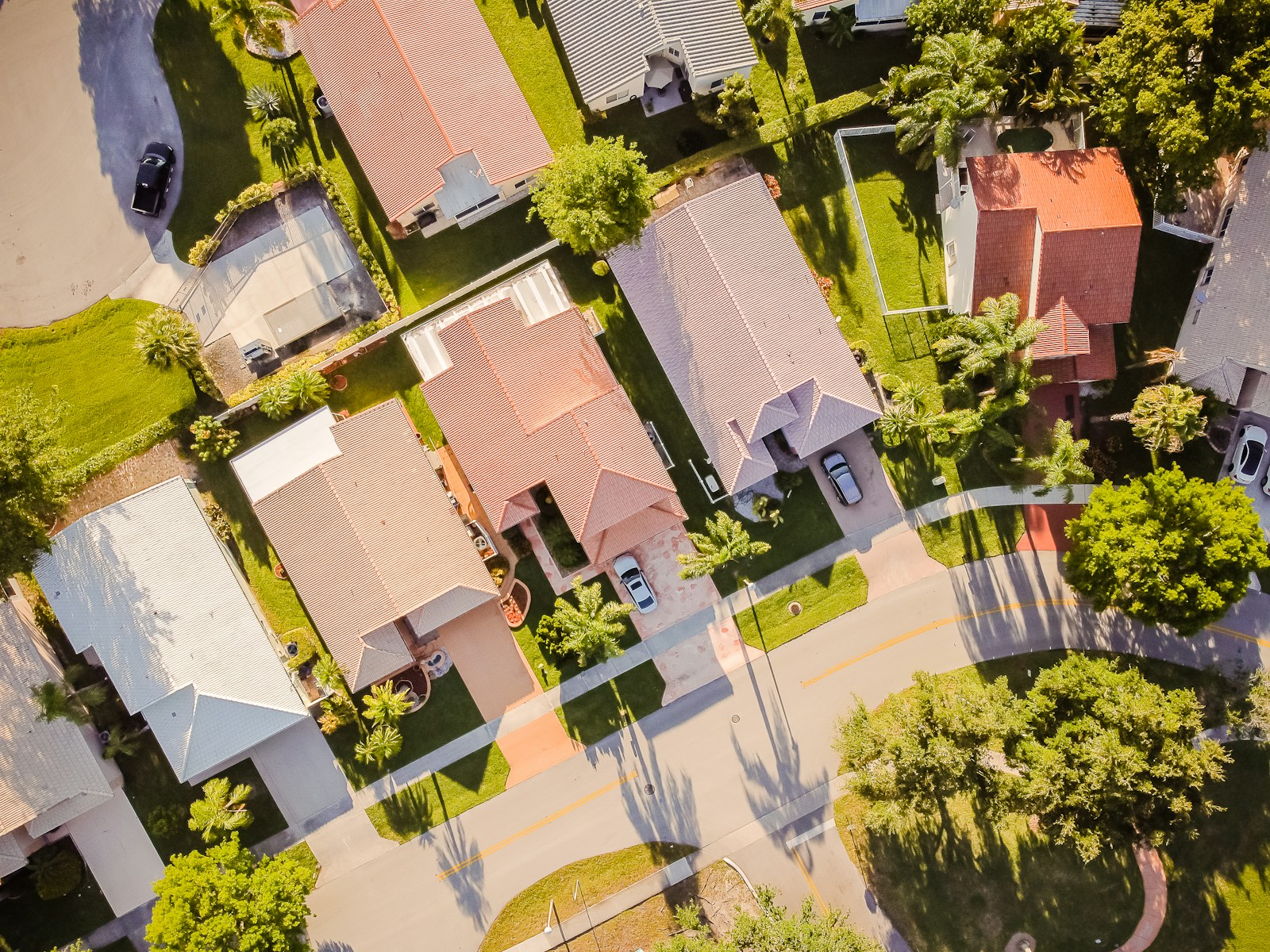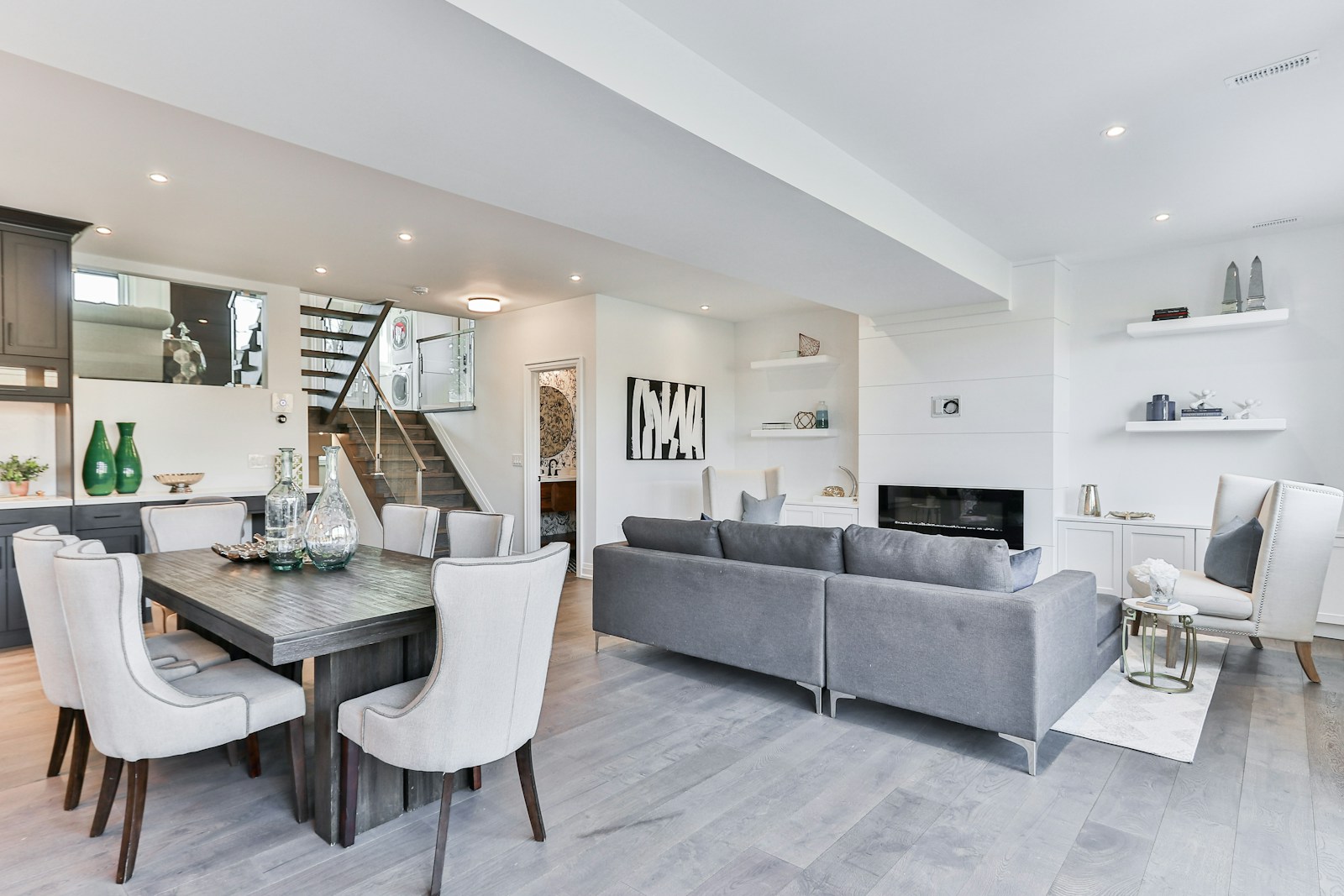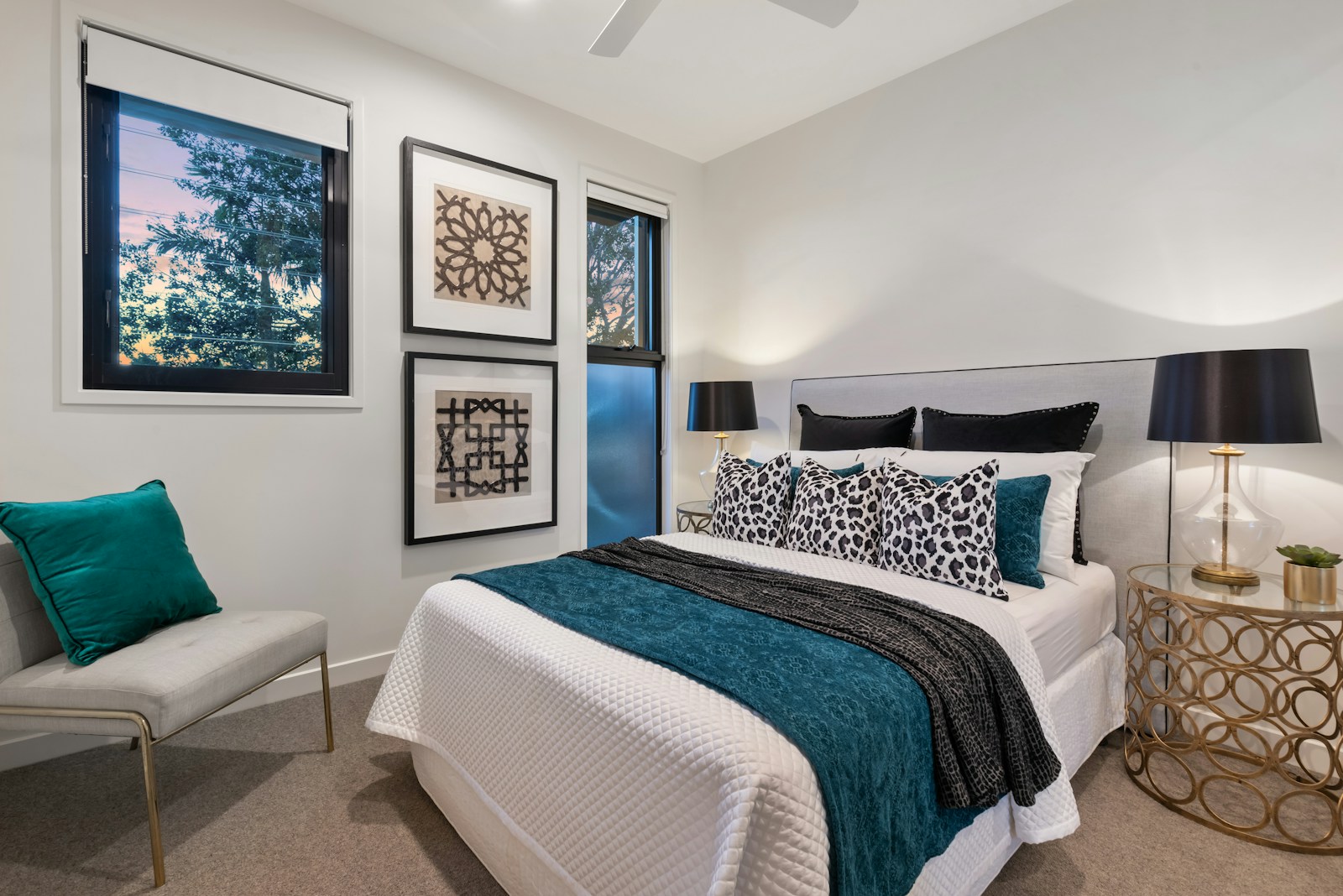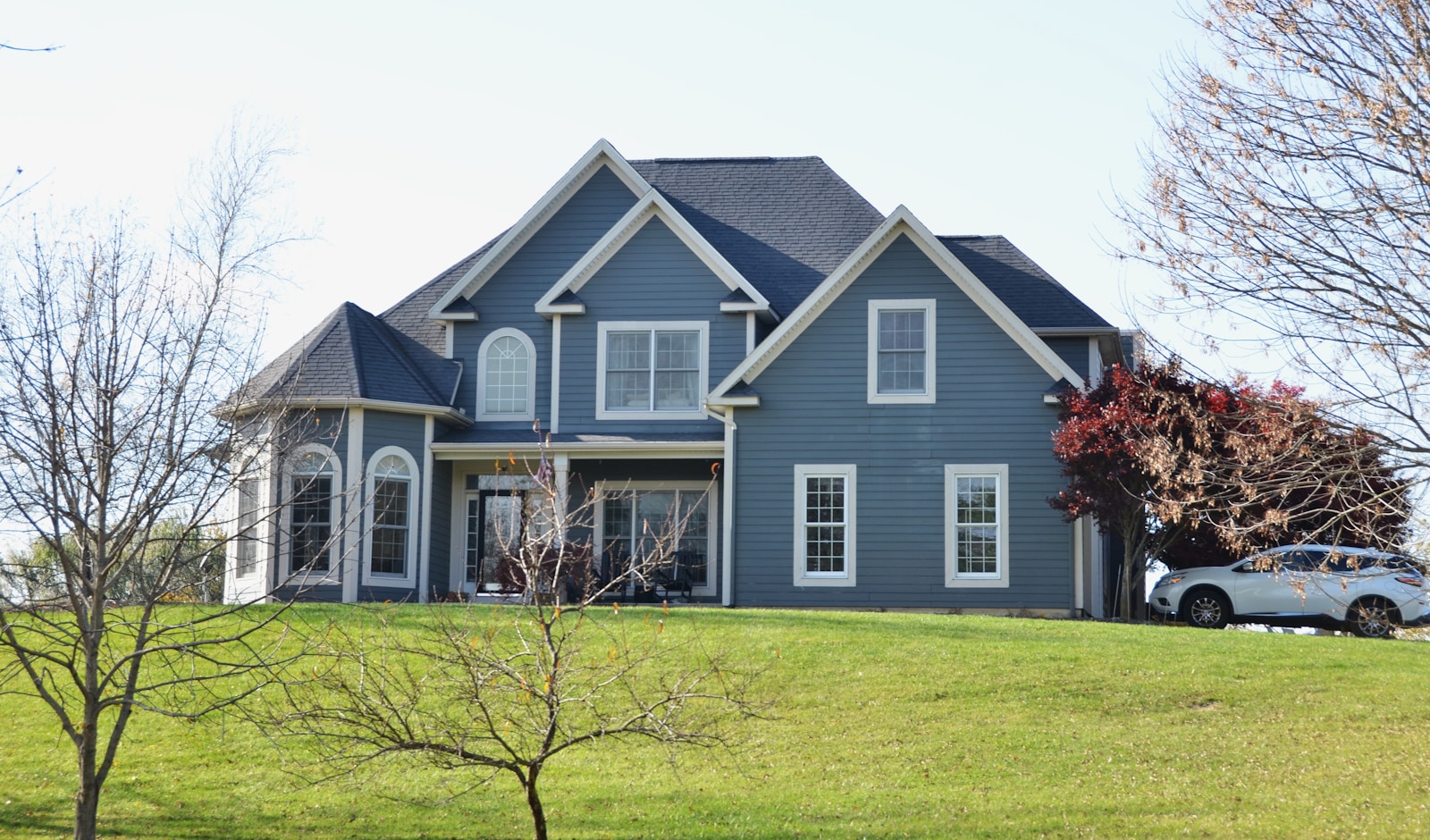If your bedroom is starting to feel a little “meh,” 2026 is bringing some seriously beautiful inspiration. This year’s colour trends are all about mood, personality, and creating spaces that feel intentional, calming, and layered. Think cozy neutrals, deep moody tones, and nature-inspired shades that make your bedroom feel like a retreat instead of just another room.
Here are the biggest colour directions shaping bedrooms right now—and how to use them in real life.
🌿 Nature-Inspired Greens Are Still Dominating
Green isn’t going anywhere—but in 2026 it’s getting deeper, richer, and more layered.
Designers are leaning into shades like forest green, olive, emerald, and sage to create rooms that feel calm and grounded. Pairing deep green walls with light bedding and warm metallic accents helps keep the space balanced and inviting instead of heavy.
How to try it:
Deep forest + crisp white bedding = classic and serene
Sage + brass lighting = warm and organic
Olive + cream textiles = cozy and layered
This trend works beautifully in both modern and traditional homes.
🧡 Warm Earth Tones Feel Cozy and Elevated
Terracotta, clay, honeyed wood, and blush tones are having a major moment.
These colours bring warmth and softness to bedrooms while still feeling sophisticated. Designers recommend committing to one colour family and layering textures (linen, velvet, matte finishes) to add depth.
How to try it:
Terracotta walls + peach bedding
Wood accent walls + creamy whites
Dusty rose + ivory + brass accents
The vibe: warm, comforting, and slightly romantic.
⚫ Moody & Dramatic Bedrooms Are Back
If you love bold design, 2026 is your year.
Dark charcoal, navy, black, and midnight tones are trending, especially when paired with soft lighting and warm materials. The key is balance—layer in warm textures and metallic accents so the space feels cozy, not cave-like.
How to try it:
Navy + soft grey = hotel-inspired calm
Black + bronze = glam and modern
Charcoal + warm wood = cozy drama
These palettes feel luxurious and timeless.
🤍 Quiet Luxury Neutrals Are Everywhere
Neutral bedrooms aren’t boring—they’re getting more layered and sophisticated.
Warm whites, ivory, greige, and soft taupe create peaceful spaces that feel effortless and refined. Texture is the secret ingredient: plush fabrics, subtle patterns, and mixed materials keep everything interesting.
How to try it:
Cream + beige + wood accents
Ivory + soft textures for depth
White + warm undertones for a cozy feel
This trend is perfect if you love a calm, minimalist aesthetic.
💙 Soft Blues and Gentle Pastels Bring Calm Energy
Muted blues and lavender tones are showing up in bedrooms that feel light, airy, and cheerful.
Pale blue paired with white creates an open, relaxing space, while navy combined with berry or blush tones adds richness and contrast.
How to try it:
Sky blue + white = fresh and airy
Navy + berry = bold and cozy
Lavender + navy accents = playful but polished
Perfect for creating a peaceful retreat.
The Big Takeaway for 2026 Bedrooms
The biggest theme this year is intentional colour. Instead of random décor choices, designers are layering tones and textures to create bedrooms that feel cohesive, calming, and personal.
Whether you love moody drama, warm earthy tones, or soft neutrals, there’s a palette that can completely transform your space.
Your bedroom should feel like your sanctuary—and colour is the easiest place to start.









